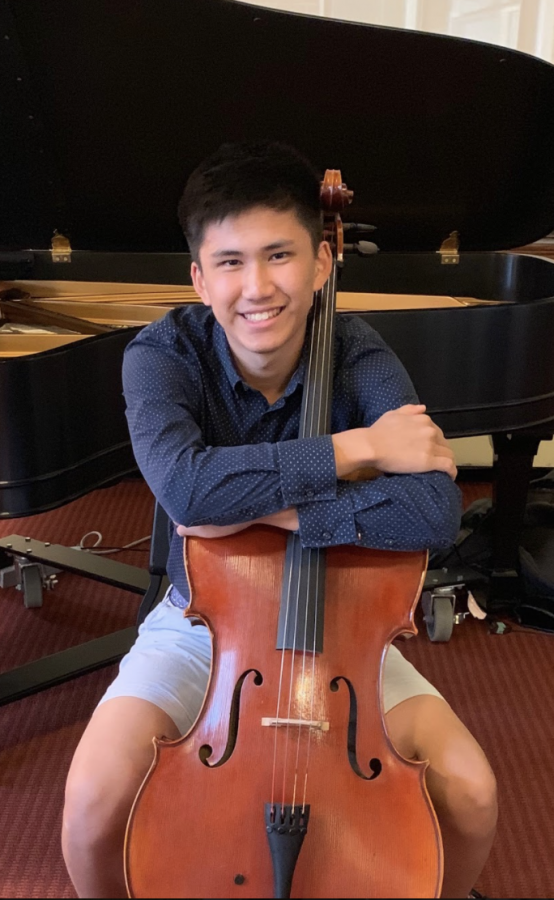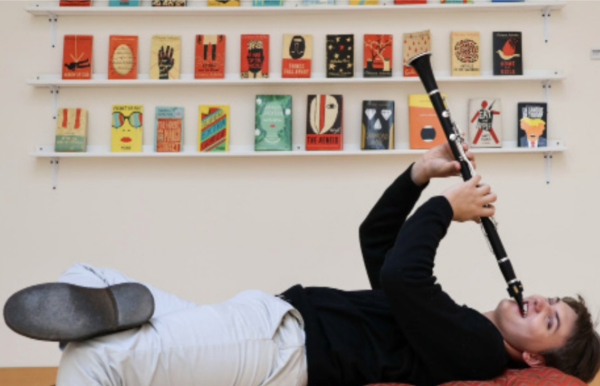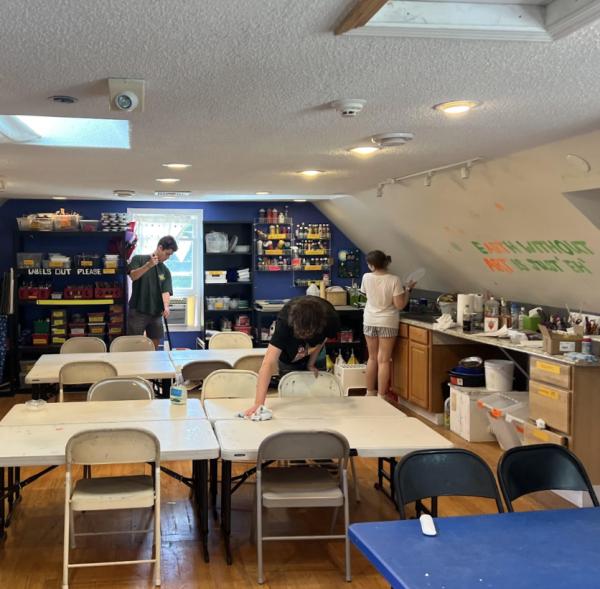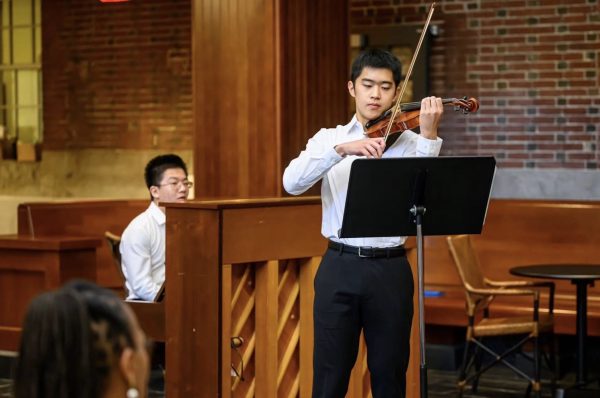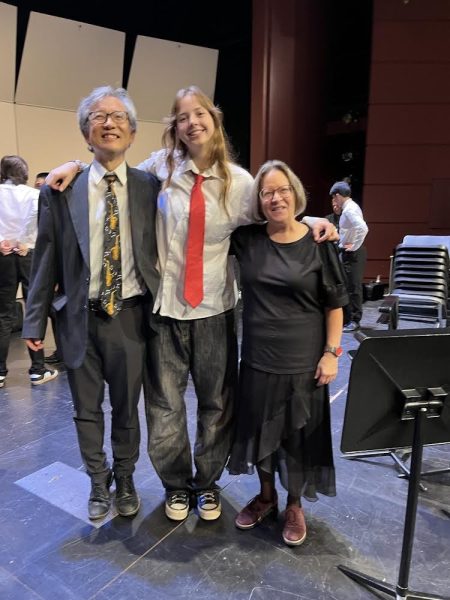Artist of the Issue: Nathan Zhang ’21
Whenever a group of string players is performing for any event in any setting, chances are Nathan Zhang will be there. Playing the cello in the orchestra and in several other small string groups, Nathan is instrumental as a music prefect by helping to organize events and bring music to the Circle. He is an integral contributor to the Groton music department, supporting students and ensembles with his hard work, dedication, and most of all, passion for music.
When did you start playing cello? How did you get on that path?
I first started playing cello the summer before fifth grade. There was this school orientation before fifth grade where they were showing us all these instruments, and the cello caught my eye. I think because the cello sound was so deep, I was so attracted to it. Especially famous cellist Yo-Yo Ma’s tone and performance, especially his Algarve Cello Concerto and Swan Songs, also greatly moved me.
What other musical experience do you have?
I’ve been playing piano ever since I was four or five years old. Other than that, I have also experimented with guitar. But my main two passions have just been cello and piano.
What is your favorite part of Chamber Orchestra, and how has it helped you?
Meeting the people really helped me. When I was young, a few people helped me settle into Groton and they were some of the first upper-schoolers I really knew. They gave me a lot of advice. Playing the cello itself is meditative. To be honest, a lot of cello pieces are really slow and help take time away from the high pressure and stress of Groton life. Orchestra is something I always look forward to just because when it all clicks, having a group of 30 or 40 kids in orchestra is really cool.
What, other than listening to your music, do you get out of playing cello?
There’s this thing called the thumb position, where your thumb plays some notes on the left hand fingerboard. A lot of cellists will go through the painful process of getting a callus just to achieve this technique. But it’s just through repetition, grind and pain—even the callus—that it’s incredibly helpful to just push through and be rewarded as a result.
Also in Chamber Orchestra, you really have to communicate, whether that be through breathing, head nodding, or musical expression. That kind of communication can be applied everywhere, such as in classrooms and social settings. Finally, cello and orchestra have taught me the power in numbers. You sound great as a soloist, but the first time I personally felt good about my playing was in a really big orchestra at districts in fifth/sixth grade. Those experiences made me really know that orchestra was going to be something that I wanted to be a part of in high school and continue through college.
What advice would you like to give to developing Groton musicians?
I’d say my first piece of advice is to never compare yourself to other musicians. A lot of Groton kids come in with ten or eleven years on their instrument and you may be starting at one, or new to it. Don’t compare, because it’s only detrimental.
Also, love what you’re doing. It’s easy to get caught up in making an intonation mistake, getting less practice, or screwing up in a recital. But you just have to trust that daily or weekly work will pay off. Additionally, try a lot of genres. In piano, I was strictly a classical kid: Chopin, Mozart, Beethoven. And then, I tried this Boogie Woogie Etude by Morton Gould. It was probably my favorite piano piece ever. It introduced me to jazz, and changed the way I think of piano and the way I play. The riffs and runs are different, and I discovered the art of improvisation.
Don’t base your interest on what other people tell you. Try and play at first; if you don’t like it, you can always drop it.


